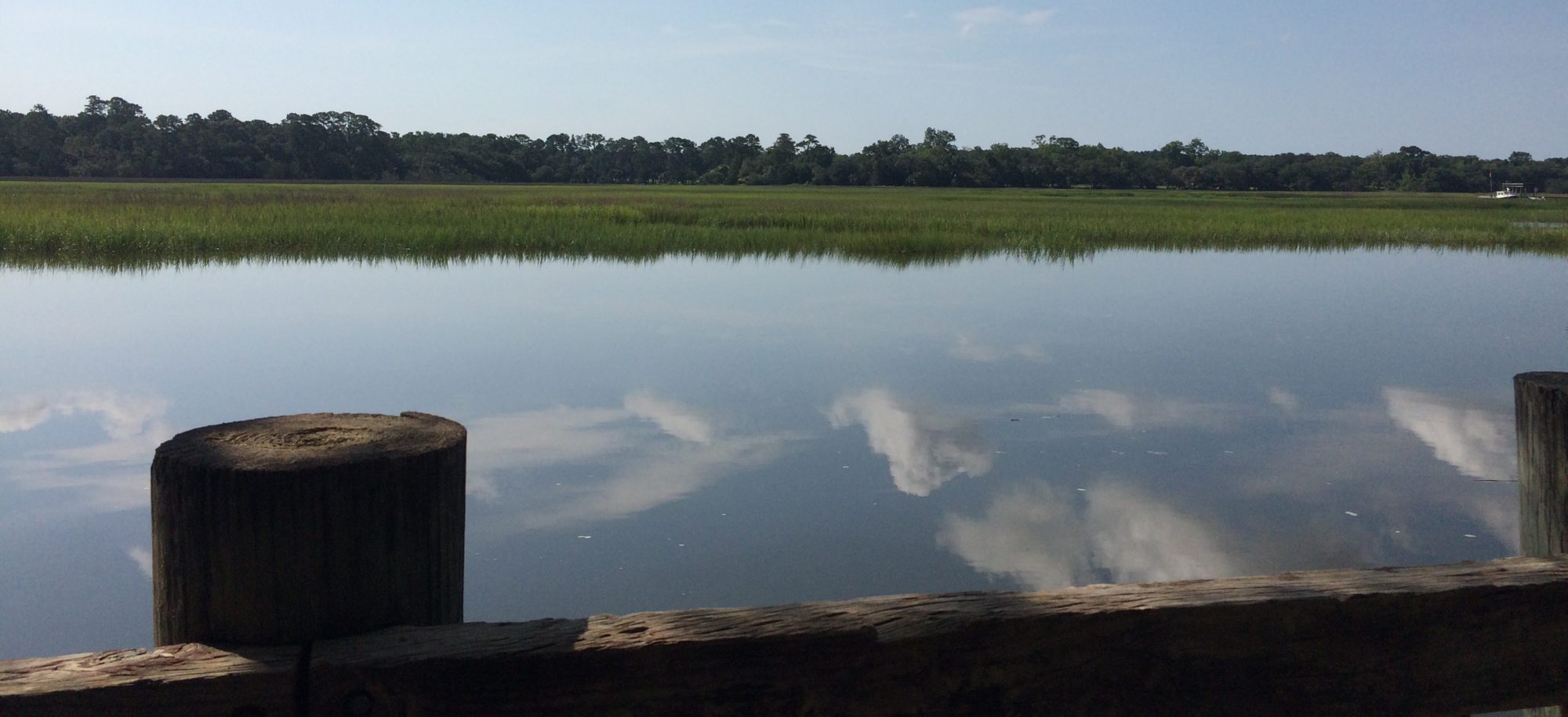We ate dinner, the four of us,
Watching moonrise through the trees:
Large, chalky round-edged patches
Through still-leafed limbs.
Someone pointed out the time.
Someone else noticed the moon had been
Sliced off on its eastern side.
We went to the lake,
Steadied ourselves into the boat,
Sat there waiting.
We’re older now, good at waiting.
No one said much.
Oh, maybe a few things,
Like, it’s the Earth getting in the way, isn’t it
And, you can just make out the dark of the
Already-eclipsed part.
The blood didn’t amount to much.
It was more coppery, the way plumbing and
Telephone wires used to be.
The moon has been at this a long time.
Maybe blood is too strong a word.
The thing is, when it was blood,
The moon showed itself.
We could see everything.
Monthly Archives: November 2018
Bell Prayer
In the Wisconsin village church where I grew up, Harry was the janitor. Harry, every Sunday morning, rang the bells. While people sorted themselves into pews, waiting for the service to start, the organist would play some music to set the congregation on the road to worship. The music reached its natural conclusion or tapered off mid-page, ending at the sounds of footsteps shuffling upstairs in the loft, then a door shutting and a pause before the bells began.
Harry enlisted an assistant bell ringer, usually Carl who lived down the blacktop road from the church. Carl had a natural ear. He could play the piano in the dark. I saw him do it once when we were helping clean up after a dinner in the church hall where the organist led songs on the piano.
We had maneuvered the piano back into the storage closet. While we went to collapse the folding chairs, Carl seated himself at the piano and played something which sounded vaguely classical. His brother told us to watch, turned out the light and closed the door. Carl kept on playing as if he were reading sheet music in broad daylight.
When I was about fifteen, Carl got sick on a Sunday. I was hanging around in the back of church, participating in our congregation’s tradition of teaching high school boys responsibility by being ushers.
Harry began his ascent to the organ loft, setting each foot deliberately on the maroon linoleum of every step, even though the organ music was still going and a creak here or there wouldn’t have made much difference.
Harry turned around, pointed at me and motioned upward.
I followed him up the steps, across the choir loft, past the organist sitting in a pool of lamplight watching notes go by through his trifocals.
Harry opened the white painted door to the bell tower, waiting for the organist to quit, music fading from the pipes. We stepped into the bell tower. Harry closed the door. He pointed to the thickest of three hemp ropes, making a pulling movement downward with his fist, then opening.
Harry nodded and I pulled, the familiar note of a single bell beginning high above us, ringing over the dry, cold farmland below. Every time he nodded, I pulled the rope, releasing it so as not to be carried off the floorboards on the way up.
It was winter, way below freezing. Harry paid no attention to the cold. He worked the other two ropes, head down, arms outstretched, listening to the clang overhead, chiming their rhythm in his own peculiar sequence. The ropes whirred through worn holes in the pine ceiling. Eventually Harry quit pulling and nodding and the bells finished the sequence on their own, one ending on the upbeat.
On the way down the steps I realized I had learned the bell prayer, a ritual which had focused scores of people every Sunday morning in that limestone building for a hundred years.
“You must pull the bell with your heart,” it went.
“The rope descends beneath your feet to the bones of your ancestors. If you pull in this way you will feel the bell’s true sound. If you ring in this way, you will live forever.”
In The Lutheran Digest, Fall 2013.
Have You Heard the One About…
Over crowded tables
From mouth to ear,
After the curl and
Before the falling back
It comes,
A perfect 180,
Punch line behind setup,
No light between.
What we know is that it’s
Left-brain,
Not pictorial exactly,
A smashing together of
Thoughts like rocks
Shattered, dialect-specific,
On emotion’s road;
Three-word letters,
Four letter words,
Root words, words
Ruthless as they come
Laser-bright
From the heart.
Pupil
It’s a dark reddish orange, the back of the eyeball, when you see it through the pupil. Except for the ivory-colored optic nerve in the middle, taking sights back one after another, and the blood vessels spidering out from its center across the retina. Nowhere else in the intact body can you see bare arteries pumping up close. You look in there, in the case of somebody in a coma, to see if the nerve is swollen from brain pressure. But before you do, you check the pupil, the round black silent window over which even a conscious person has no control. It tells you by its response to your narrow beam, about where pressure might be starting and how much time is left. It reacts even when the person can’t. So tightly do we hold to light.
In Medical Humanities 35, 2, 2009.
Three Haiku for Autumn
How best to balance
Cell phone, briefcase, umbrella
Now that it’s raining?
Rainy day walkers
Repopulate the mall:
White sneakers, white hair
Still life:
Young woman viewing a Monet
Museum guard yawning
In After the Night Rain, Dankworth Publishing, 2014.
